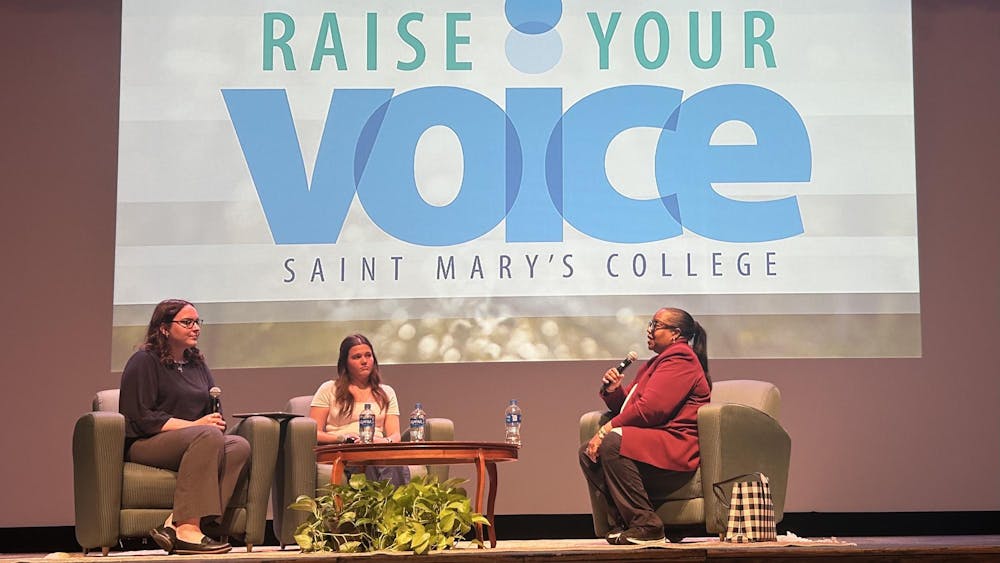The surest sign of the semester's end comes when the Course Instructor Feedback (CIF) reminder email is sent out to each student's inbox. For the faculty members under scrutiny at the end of the semester, these evaluations mean more than a simple reminder that summer is near.
Political science professor and department chair Ruth Abbey encourages her students to spend time filling out the CIFs and to understand how professors use feedback.

"CIFs aim to measure student evaluation of faculty teaching," Abbey said. "The faculty is very aware of importance of the CIF mechanism, but many students are unaware."
Abbey said faculty members are able to see their CIF scores only after they post final grades, and the feedback results often matter more than just arbitrary suggestions that professors can utilize or ignore.
"CIFs feed into pay increases and tenure decisions," she said. "They are considered during faculty three-year reviews and when a faculty member is applying for promotion."
Abbey said the University's commitment to undergraduate teaching is exhibited through the amount of tenure track and tenured faculty members.
"Notre Dame takes teaching very seriously and CIFs give student feedback on the quality of teaching," she said. "It is very reassuring that Notre Dame employs so many tenure track and tenured faculty members to teach undergraduates."
Currently, the primary incentive to complete CIFs is the ability for students to see their final course grades six days earlier than they otherwise could. General responses to certain questions are shown on the class search function through InsideND, helping students with the course selection process.

Abbey said the feedback system shifted in 2008 from Teacher Course Evaluations (TCEs) completed during class to the current online CIF setup.
"The CIFs are very convenient because professors don't have to allocate class time for them to be completed," she said. "However, now there is no dedicated time or space to fill them out."
Abbey said the convenience of online feedback may compromise the quality of student response.
"Students must know how significant these CIFs are and fill them out in a thoughtful and responsible way," she said. "I'm not suggesting that students shouldn't be critical of faculty, but they should realize CIFs are a major way in which students' voices are heard. It's not the only way, for some professors win teaching awards [from student votes], but CIFs are a powerful way, and they are fed through to the highest levels."
Abbey said she believes many students are unaware of the importance of CIFs, and she encourages all the students she teaches to fill out their CIFs thoughtfully.
"Students need to know the role their CIFs play, and I would like to see the University inform students better."
Contact Catherine Owers at cowers@nd.edu












